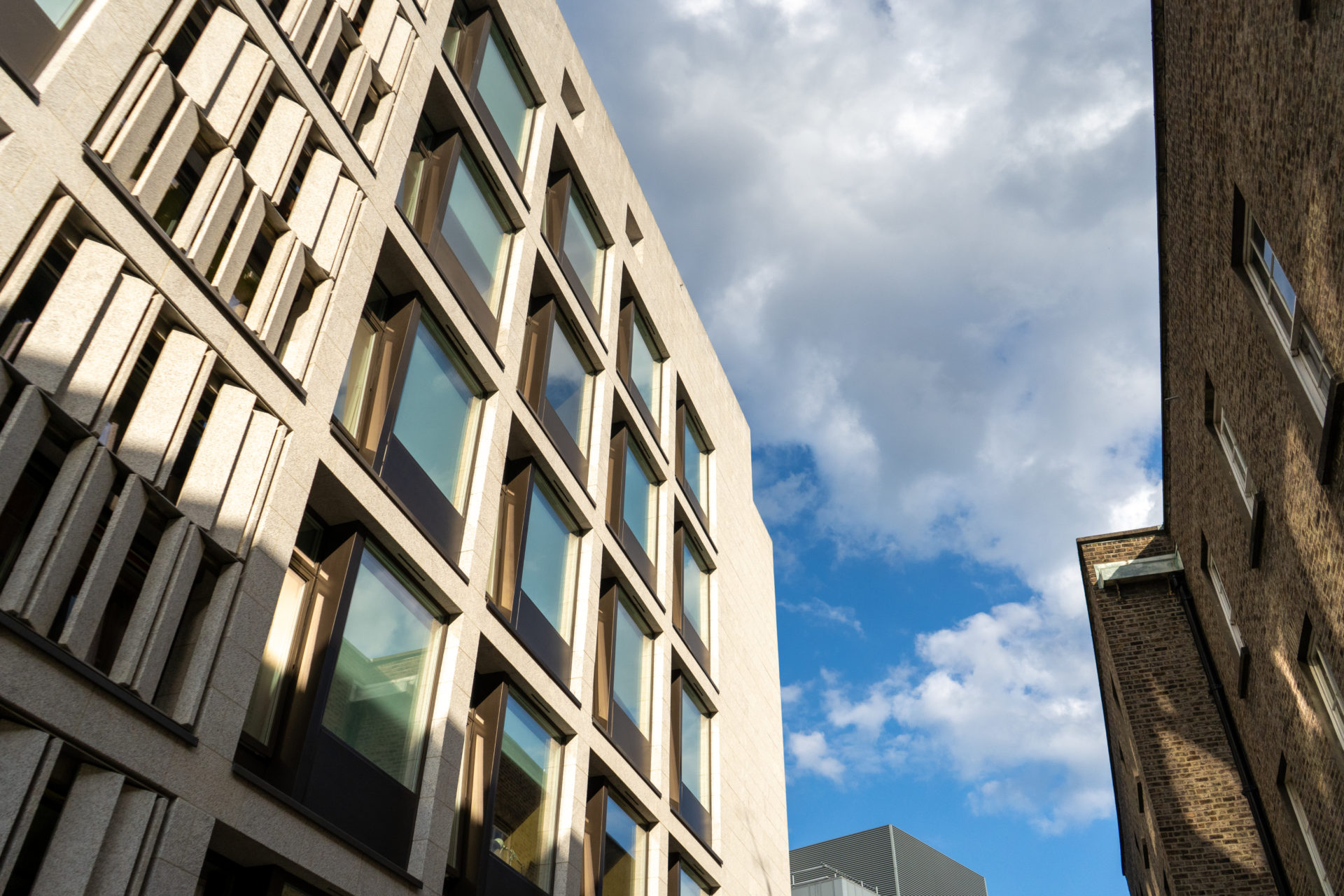Trinity College Dublin Students’ Union (TCDSU) has started a campaign against the college’s overnight guest policy, which it claims does not treat students "like adults".
The university’s current policy allows residents to invite visitors overnight, provided they are registered before midnight.
Students living in Trinity Hall in Rathmines, mostly first-year students, must register their guests before 11pm.
Overnight visitors are not permitted between December 23rd and January, as well as during exams, unless Trinity gives a student special permission.
Failure to follow this policy can result in disciplinary action by the Junior Dean, including a fine.
'Restrictive'
The union called the policy “restrictive” and “paternalistic” and is calling for Trinity to remove the time limit for guest registration.
“It is reminiscent of the ‘in loco parentis’ policies of the 1960s, whereby College authorities asserted themselves as the guardians of students after leaving the family home,” it said.
“It limits the rights and autonomy of student residents.”
TCDSU President László Molnárfi told Newstalk students are “not treated like adults” under the current policy.
“There is a procedure for signing in guests which we agree with,” he said. “It’s quite okay that guests have to put their name and date of birth for fire safety concerns."
He said allowing students to register visitors after midnight is "not a safety concern" but rather a measure against "Kafkaesque policies that strip students of autonomy".
'Double standard'
Mr Molnárfi also said there is a “double standard” within Trinity’s accommodation as staff members and Fellows elected by the college who live on campus do not have a cap on when they can register non-residents.
He also argued the policy is “dangerous” if someone needs to stay on campus if they have no other way to get home.
The union said, "rejecting [students] from a safe place is unacceptable".
A Trinity spokesperson told Newstalk the college is “aware this issue has been raised [by the union] and we are considering the matter”.
Campus living
There are roughly 1,800 student residents across TCD’s accommodations in its city centre campus and housing in Rathmines.
One student who lives on its campus said the cap at midnight can create an uncomfortable "power dynamic".
“[Some security guards] feel like they can say anything to any student because, at the end of the day, they’re the ones deciding if you can have someone stay over,” they said.
“I’ve been uncomfortable approaching security and actively avoided coming home after midnight.”
The official Trinity accommodation policy does not say security guards have the power to refuse overnight guests without cause.
 Printing House Square in Trinity College Dublin. Image: Niko Evans
Printing House Square in Trinity College Dublin. Image: Niko EvansAnother student said they tried to bring someone in after midnight they had not registered because there was no public transport available.
They claimed a security guard suggested they “shouldn’t have bought so much alcohol that night” so they could afford a taxi for the other person.
“I don’t drink and haven’t for the last three months,” they said.
“I get you can’t fall out of a club at 3am and pile on to campus with a load of lads and have an afters in Trinity... but if you’re coming back with one person, what are you going to do?”
Policies beyond Trinity
The majority of universities in Ireland have an overnight guest policy for its residents.
At University College Dublin, for example, students are required to register visitors by midnight and could be fined €100 if they fail to do so.
Students at Dublin City University and University of Galway must also register guests.
Student Specific Accommodation
Students living in college accommodation are under a licence agreement rather than a tenancy or lease.
Under a licence agreement, a resident does not automatically have the same rights as a tenant, depending on the agreement set out by the property owner.
Student Specific Accommodation (SSA), however, came under the remit of the Residential Tenancy Board (RTB) in 2019
An RTB spokesperson told Newstalk this legislation means universities and colleges who provide SSA to students during the academic year “are within the RTB’s remit”.
“The legislation also clarifies that SSA provided by the private sector is clearly within the jurisdiction of the RTB, regardless of whether there is a lease or license agreement in place,” they said.
They noted licensees living in SSA have the same rights as those who have a lease in place.
The spokesperson outlined the rights licensees have within SSA, including “a property that is in good condition”, “privacy”, the right to “be able to contact the landlord or their authorised agent at any reasonable time” and to refer disputes to the RTB.
Rooms rented in private homes (‘digs’) and tenancies through the Rent a Room scheme are not under the remit of the RTB.









